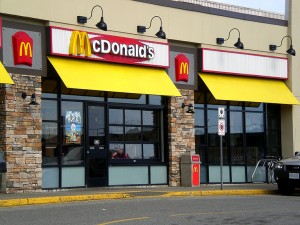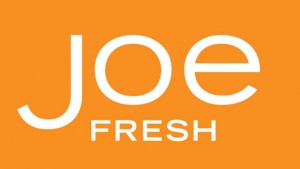McDonald’s is a multi-billion dollar company which has been a key player in the market for fast-food chains for many years, but will it be able to keep up with the growing demand for healthy food and sustainable living? McDonald’s has had a successful history of cheap prices and efficient dining experiences, but they may need to step up their business strategy so they can update their brand image, and counteract some of the negative connotations surrounding their brand name (such as the China meat scandal in 2013).
McDonald’s is a prime example of a company with a name that is very prominent in society today, but that is also fighting a battle to remain relevant in its’ industry. Their will be increasing pressure on companies like McDonald’s to improve the quality and sources of their food, while maintaining their low prices. McDonald’s has already begun making changes in sourcing their products and using more sustainable methods of production. The next step would be to advertise the company’s focus on sustainability and healthiness even more, perhaps changing the packaging of their products so they appear more environmentally-friendly (e.g. using more neutral colours so that customers associate McDonald’s with recycling and renewable products). McDonald’s is prevalent part of society, and if they take the right steps now they will continue to succeed in the fast-food industry.
References
http://www.huffingtonpost.com/jim-slama/mcdonalds-can-make-histor_b_5753098.html
http://www.businessinsider.com/mcdonalds-ceo-on-company-strategy-2014-8
http://www.aboutmcdonalds.com/mcd/sustainability/sourcing.html
http://upload.wikimedia.org/wikipedia/en/c/c5/McDonalds-Brentwood.jpg
http://guardianlv.com/wp-content/uploads/2014/02/mcdonalds-650×494.jpg


